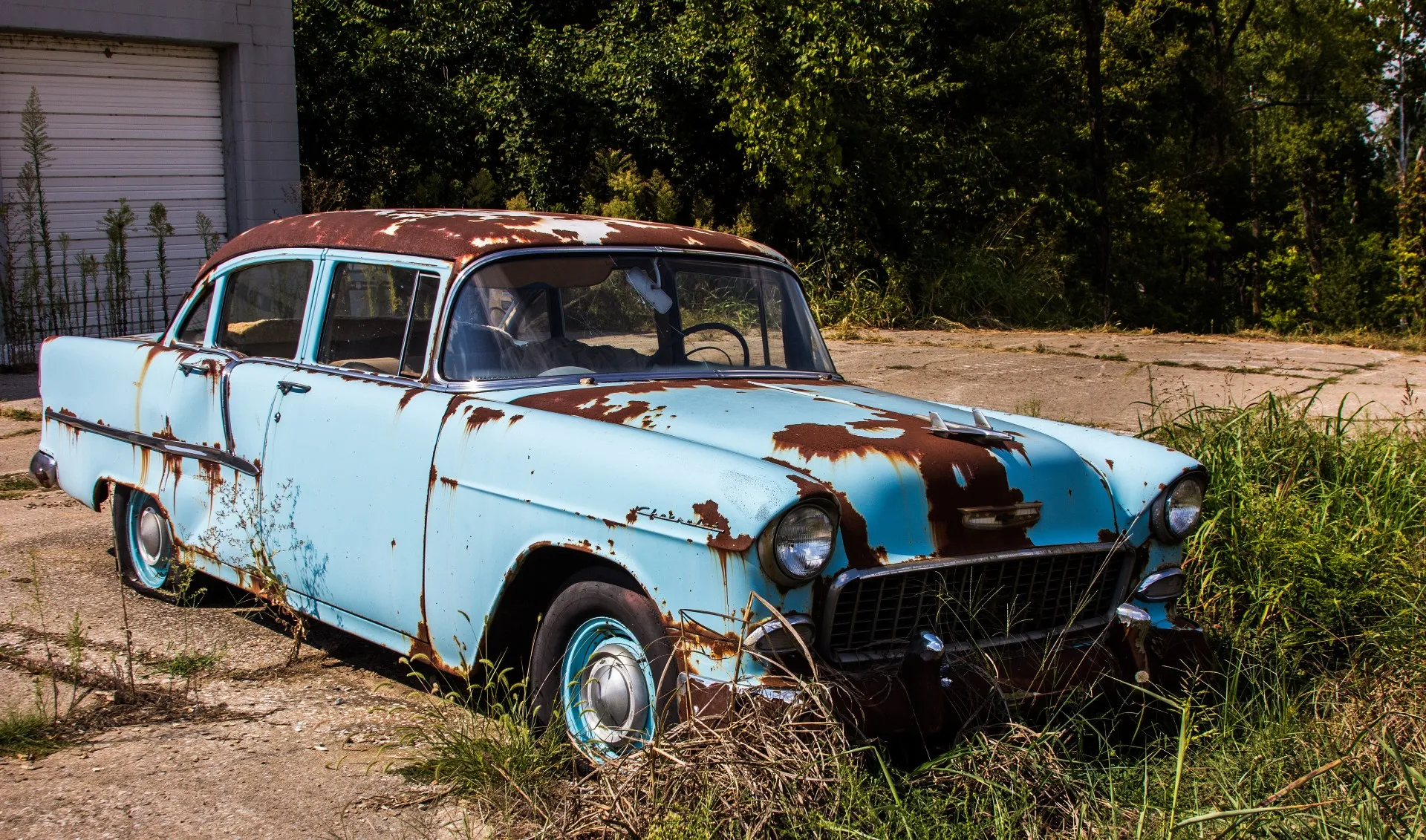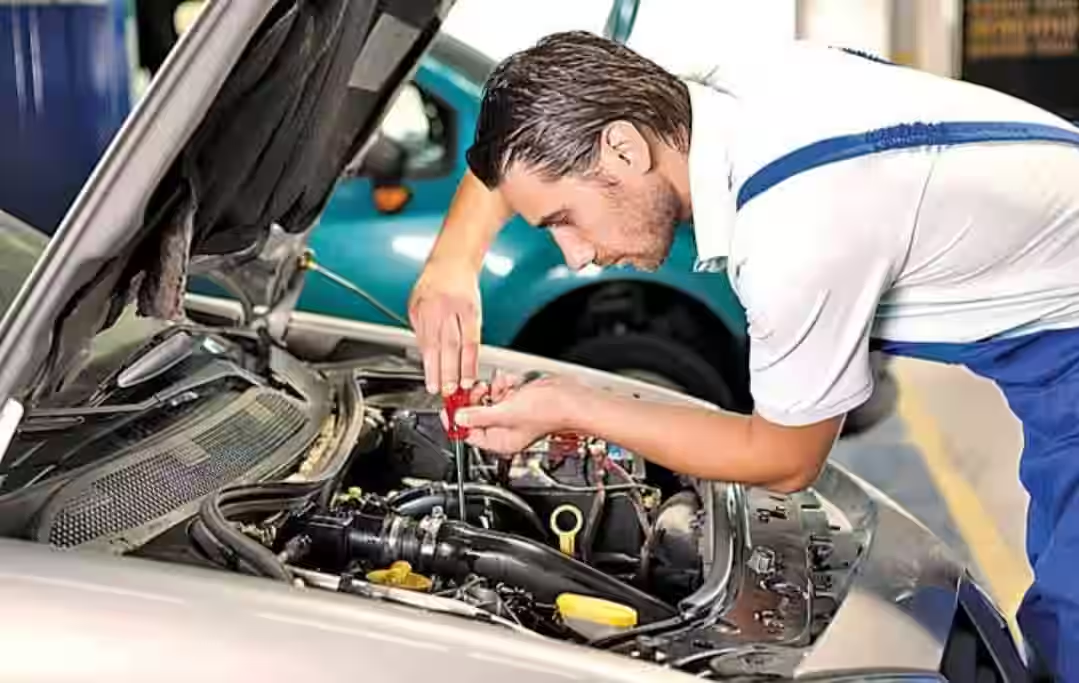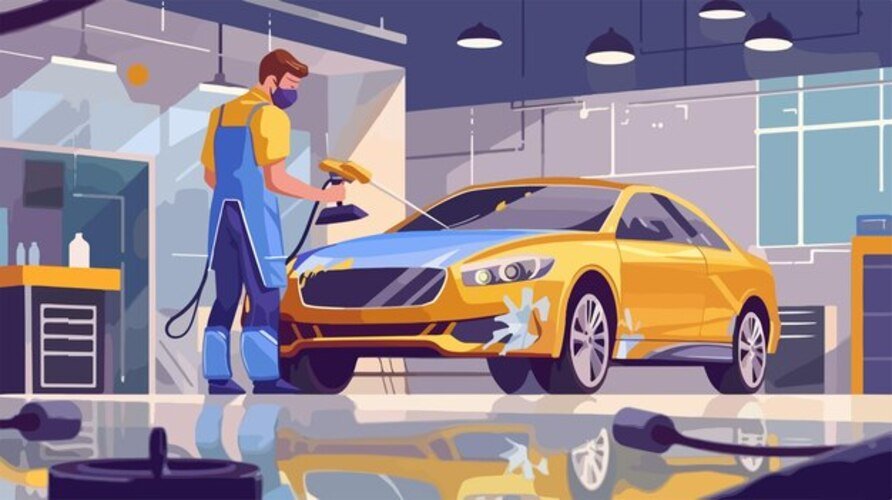Who Buys Junk Cars?
Junk cars, often seen as worthless piles of metal, can actually hold significant value to a variety of buyers. While most individuals might think of junk cars as just a nuisance occupying driveway space, many companies and individuals are ready to take these vehicles off your hands. In this article, we’ll explore who buys junk cars, the motivations behind their purchases, and how sellers can benefit from this transaction.
1. Scrap Yards and Metal Recyclers
The Main Players
One of the primary buyers of junk cars is scrap yards and metal recycling companies. These businesses specialize in purchasing vehicles that are no longer operational or are beyond repair. Their main interest lies in the vehicle’s metal components, which can be recycled and repurposed.
Motivation
Scrap yards and metal recyclers are driven by the demand for metal, especially with the rising prices of steel and aluminum. By purchasing junk cars, they can extract valuable materials that can be sold to manufacturers for various uses, including the production of new cars, appliances, and construction materials.
2. Car Salvage Companies
What They Do
Salvage companies play a crucial role in the ecosystem of junk car buyers. These businesses specialize in buying vehicles that still have usable parts. They typically disassemble the cars and sell the individual components, such as engines, transmissions, and body parts, to repair shops and car enthusiasts.
Motivation
Car salvage companies are motivated by profit margins from reselling parts that are in demand. For many car owners looking to repair their vehicles, purchasing used parts from salvage companies is often more affordable than buying brand-new components. As such, salvage companies can turn a profit while providing value to other consumers.
3. Used Car Dealerships
A Different Approach
While it may seem counterintuitive, some used car dealerships are interested in buying junk cars. They might take on vehicles that need minor repairs or refurbishments, allowing them to resell them at a higher price.
Motivation
Dealerships are motivated by the potential profit from reselling the refurbished vehicle. In some cases, they may also look for specific models that are in demand, which can be sold at a premium after repairs. Additionally, some dealerships may offer trade-in deals that can attract more customers.
4. Individual Buyers
The DIY Enthusiast
Beyond businesses, there are individual buyers who seek out junk cars for personal use. These buyers often include DIY enthusiasts or hobbyists looking for a project car to restore or customize.
Motivation
The motivation for individual buyers can vary widely. Some may be looking for a project to work on in their spare time, while others may see potential in a vehicle that they can restore to working condition. For many, the allure lies in the challenge and satisfaction of bringing a junk car back to life.
5. Charities and Non-Profit Organizations
Giving Back
Another unique buyer of junk cars is charities and non-profit organizations. Many charities accept vehicle donations as a way to raise funds for their causes. Donors can receive tax deductions while contributing to a good cause.
Motivation
Charities are motivated by the potential revenue generated from the sale of donated vehicles. They often work with towing companies to pick up the cars and then sell them through auctions or directly to salvage yards. This process provides a way for them to raise funds while also promoting environmental sustainability by recycling the vehicle.
6. Online Buyers and Platforms
The Digital Age
With the rise of the internet, numerous online platforms have emerged that facilitate the buying and selling of junk cars. Websites like Craigslist, Facebook Marketplace, and specialized car buying services have become popular places for sellers to connect with potential buyers.
Motivation
Online buyers are often motivated by the convenience and accessibility of finding junk cars at lower prices. They might be looking for parts, projects, or even vehicles for resale. These platforms enable individuals to negotiate prices directly with sellers, often resulting in quick transactions.
7. Advantages of Selling Your Junk Car
Financial Incentives
For sellers, the benefits of selling a junk car can be significant. Not only can they clear up space, but they can also earn some money from what they might have considered worthless. Depending on the condition of the car and the buyer, sellers can receive cash or other incentives.
Environmental Benefits
Selling a junk car can also have positive environmental impacts. By recycling metal and parts, fewer resources are wasted, and the environmental footprint is reduced. This is especially important as more consumers become aware of their environmental responsibilities.
Conclusion
In conclusion, junk cars may seem like burdens, but they hold value for various buyers, including scrap yards, salvage companies, used car dealerships, individual enthusiasts, charities, and online platforms. Understanding who buys junk cars and their motivations can help sellers make informed decisions about how to dispose of their unwanted vehicles. Ultimately, selling a junk car can lead to financial gain and contribute to environmental sustainability, making it a win-win situation for everyone involved.














Post Comment